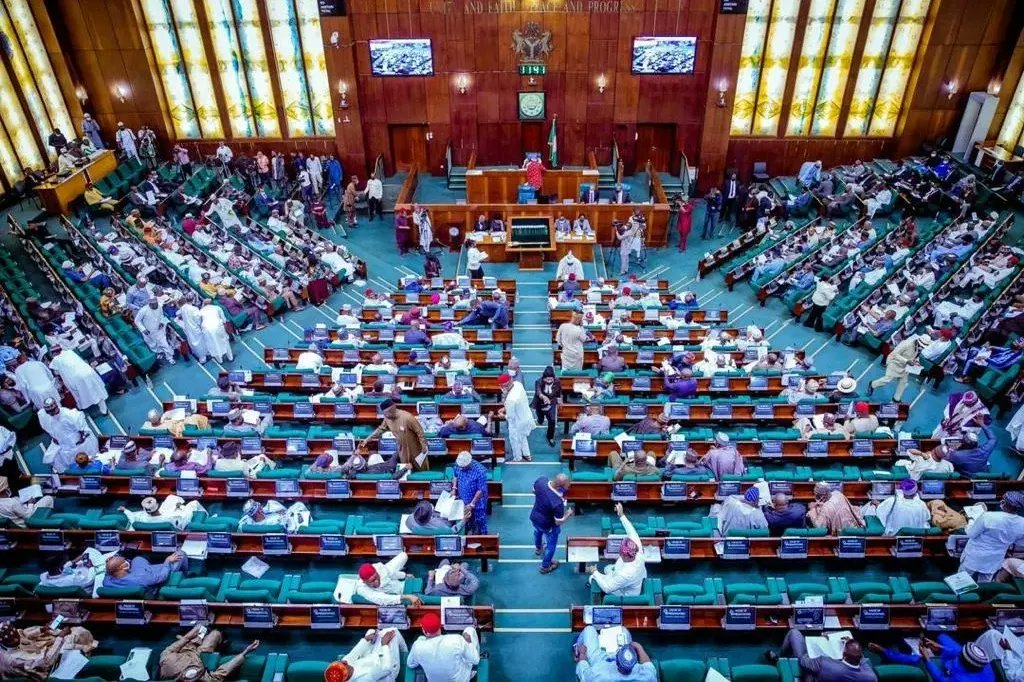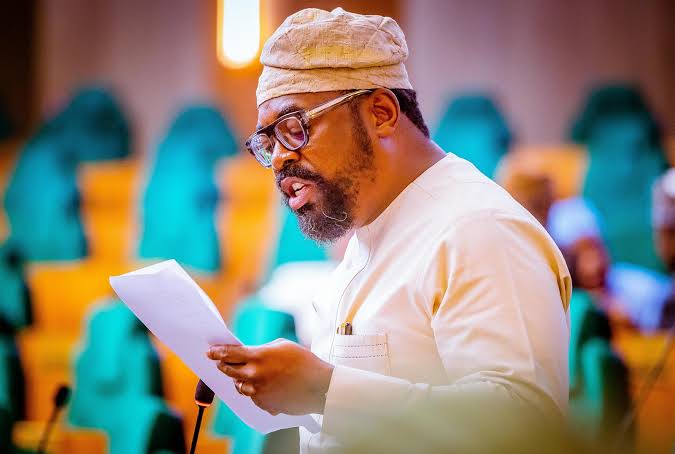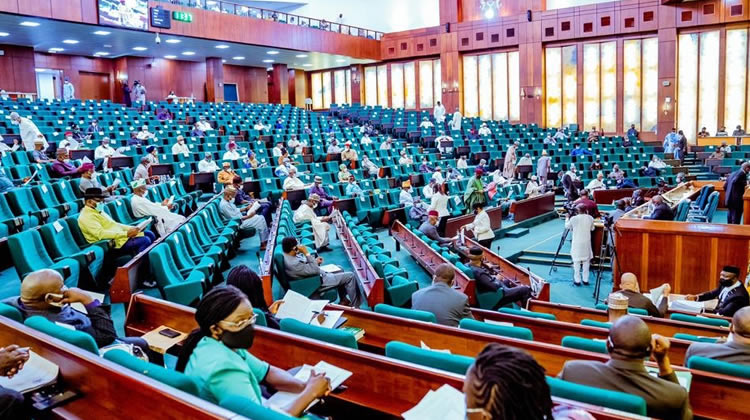Nigeria Moves to Create a Fintech Regulatory Commission

On 28 October 2025, the Nigerian House of Representatives passed the second reading of a bill titled the “Nigeria Fintech Regulatory Commission (Establishment) Bill, 2025”, sponsored by Fuad Laguda (APC-Surulere I, Lagos). During plenary, Laguda said the fintech sector in Nigeria has grown “exponentially”, with millions of Nigerians relying on mobile money, digital payments, and other fintech products, yet lacks a single dedicated regulatory body. The bill now moves to relevant House committees (Banking Regulations; Digital & Electronic Banking; Science & Technology; Communications) for further scrutiny, amendment, public hearings and input before third reading.
Why the bill? The case for a Fintech Regulatory Commission

Rapid growth equals increased regulatory risk
Nigeria’s fintech ecosystem has seen remarkable growth: digital payments, peer-to-peer lending, wallets, mobile money, fintech startups raising capital, all contributing to financial inclusion but also raising risks of fraud, cyber-attack, and systemic instability. According to VanGuard News, Laguda referenced concerns over consumer protection, financial stability, and prevention of financial crime in the absence of a unified regulation.
Fragmented oversight
Currently, multiple regulators oversee different parts of fintech operations: Central Bank of Nigeria (CBN), Securities and Exchange Commission (SEC), National Information Technology Development Agency (NITDA), etc. Laguda noted this overlap creates regulatory confusion and inefficiency.
Innovation plus regulation balance
The proposed commission aims to strike a balance: enabling fintech innovation and investment, while ensuring users are protected and stability maintained. The bill highlights goals such as promoting investment in fintech manufacturing/supply, encouraging R&D, taking account of elderly/disabled users in fintech services. - (TheCable)
What the Bill Proposes (Key Highlights)
From the version of the bill reported, it is to:
Establish an independent body called the Nigeria Fintech Regulatory Commission (NFRC) (or similar name) with corporate status, perpetual succession, ability to enter into contracts, sue/be sued.
Licensing and registration of fintech operators; supervision, enforcement of standards, issuing/renewing licences.
Board structure: 14-member board (Chairman, Director-General, 6 executive commissioners, 6 non-executive commissioners) representing each of the six geopolitical zones. Board members appointed by President, confirmed by National Assembly.
Director-General term: 4 years, renewable for another 4 years; similar tenure for executive commissioners.
Security and consumer-protection mandates: protect the rights of consumers and providers, ensure transparent and fair operation of fintech firms, promote innovation and competition.
Encourage fintech infrastructure sharing among licensees, advise minister on policy, represent Nigeria in international fintech regulation forums.
Provide for regional offices in each geopolitical zone for accessibility.
This matters for consumers, fintech firms and investors, and the financial system.
For consumers: With digital finance usage soaring, there is increased risk of hacking, fraud, loss of funds, misuse of data. A dedicated regulator could strengthen consumer confidence. Also, elderly, disabled persons, underserved populations may benefit from more inclusive fintech regulation (bill emphasizes their needs).
For fintech firms & investors: A clearer, predictable regulatory environment reduces uncertainty and may attract more domestic and foreign investment into Nigeria’s fintech ecosystem. Unified licensing and regulation could reduce compliance costs and regulatory duplication.
For the financial system: Fintech growth touches payments infrastructure, credit, lending, mobile banking — which if unregulated, could pose systemic risk. A dedicated body helps coordinate oversight and mitigate cross-sector risk, and aligns with Nigeria’s digital economy strategy, financial inclusion agenda, and global fintech trends.

Challenges and Questions
Overlap with existing regulators: How will the new commission’s mandates interface with CBN, SEC, NITDA, NDPR-data protection etc? Clear delineation of roles is critical.
Regulatory burden vs innovation: Over-regulation can stifle fintech startups. The bill emphasises innovation, but implementation will matter.
Implementation capacity and funding: Setting up a national commission with regional offices, board appointments, staff, systems, requires resources, political will, and efficient governance.
Time to law and transition: Bill is only at second reading; many amendments may occur. It may be several months before it becomes law and operational.
Enforcement and compliance culture: Having a regulator is one thing; effective enforcement of licences, sanctions, consumer redress is quite another.
Nigeria has one of Africa’s fastest-growing fintech sectors: by 2024, fintech firms raised billions in investment. Digital payments and mobile wallets usage have soared over the years, especially accelerated by the COVID-19 pandemic. However, along with growth came increased complaints of fraud, platform failures, data breaches and consumer losses, causing concerns among regulators. In October 2024, the SEC announced plans to tighten oversight of fintech operations, signalling regulatory urgency. (TheCable)
The progression of the “Nigeria Fintech Regulatory Commission (Establishment) Bill, 2025” marks an important milestone in Nigeria’s financial-technology evolution. By creating a dedicated regulatory body, the country aims to reconcile two critical goals: driving innovation and safeguarding the public interest.
For fintech companies, investors and consumers alike, the coming months will be key not only in seeing the law passed, but in how it is crafted, funded, staffed and enforced. If done well, this commission could strengthen Nigeria’s position as a fintech leader not just in Africa, but globally. As the bill moves to committee stage, stakeholders should engage: fintech businesses should contribute to regulatory debate; consumers should watch for safeguards; and policy-makers must ensure a balanced, transparent framework that fosters growth while protecting rights.
Recommended Articles
There are no posts under this category.You may also like...
Boxing Titans Collide Again: Mayweather vs. Pacquiao Rematch Buzz

Boxing legends Floyd Mayweather Jr. and Manny Pacquiao are set for a highly anticipated rematch on September 19 at the S...
UCL Drama: Juventus Star's Bold Promise After 'Tragic' Osimhen Error

Juventus faces a tough challenge in the Champions League second leg against Galatasaray after a 5-2 first-leg loss. Defe...
Sundance Shake-Up: Prestigious Film Festival Unveils New 2027 Dates and Boulder Debut

The Sundance Film Festival is relocating to Boulder, Colorado, for its 2027 edition, scheduled from January 21-31. This ...
BAFTA Under Fire: Major Awards Body Launches Review After Damaging N-Word Incident

BAFTA has responded to the N-word controversy at its recent Film Awards, involving Tourette's syndrome activist John Dav...
Shocking Cancellation: 2026 La Onda Festival Scrapped After Lineup Reveal

The 2026 La Onda Festival in Napa, California, has been unexpectedly canceled just weeks after announcing a star-studded...
Star-Studded Showcase: Kravitz, Maroon 5, Ozuna & Yandel Lead 2026 Starlite Occident Marbella

The Starlite Occident Marbella festival has unveiled its initial 2026 lineup, featuring headliners like Lenny Kravitz, M...
Cape Town's Kirstenbosch Garden Blooms onto World's Most Beautiful List!

Cape Town's Kirstenbosch National Botanical Garden has been globally recognized by Homes & Gardens as one of the Most Be...
Mozambique's National Carrier LAM Soars Towards Revival with Ethiopian Airlines Power

Mozambique's government is in discussions with Ethiopian Airlines to restructure its national carrier, LAM, focusing on ...